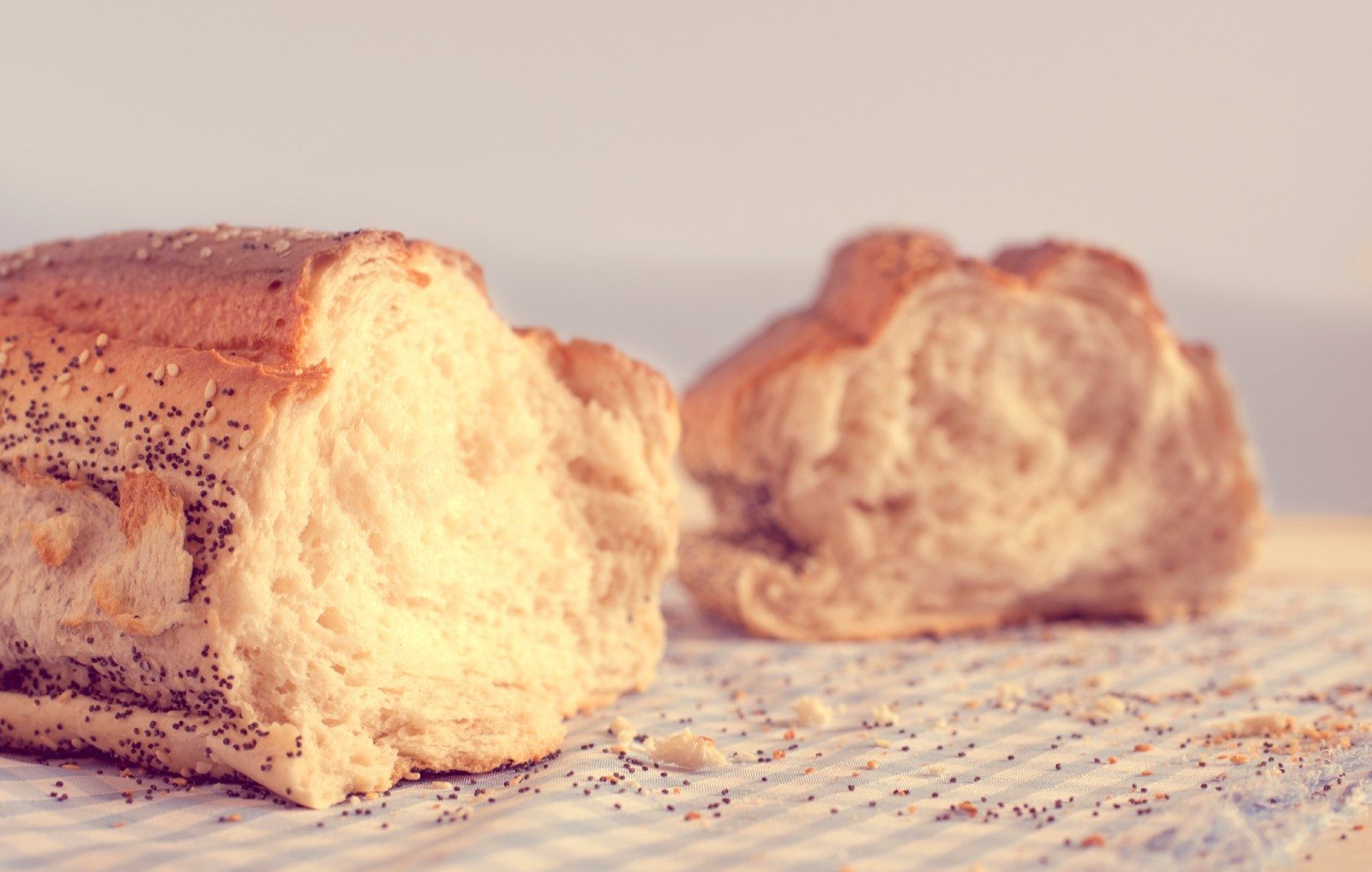Nutrition Myths | Carbs Make You Fat

Bread / Pasta/ [insert carb here] makes you fat. Or does it?
By Dr Adam Collins. Adam is Head of Nutrition at Form, Director of BSc and MSc Nutrition at the University of Surrey and a PhD in Body Composition.
Carbohydrates have had such a tough few years. Pretty much since Gary Taubes’ book ‘Why We Get Fat’ carbs have been demonised as making us fat based on the hypothesis that carbs spike or elevate insulin and insulin as the ‘fat storage hormone’ make us store calories as fat. It’s a nice hypothesis, with just the right amount of science to sound scientific enough for popular press and the million headlines and low carb diets it spawned. Sadly it’s incorrect.
There are now two metabolic ward studies that debunk this. If you’re not aware, a metabolic ward is basically a room, you’re locked in the room for a few days and nights and absolutely everything that goes in and out of you is measured, your energy expenditure is constantly measured and most likely body composition by DEXA. It’s the gold standard in nutrition research and very expensive, consequently there are not many studies using them. So when two come along at once (ok, a year apart) we should take notice.
In 2015 a first metabolic ward study1 controlled diet and exercise to precisely compare the effects of a low-carb diet with those of a low-fat diet. It’s important to note here that protein was kept constant across both diets, i.e. carbs were replaced purely with fat in the low-carb diet and vice versa. Both diets led to an equal amount of fat loss. i.e. it was total calories that mattered not whether they were from carbs or fat.
In 2016, the same researchers repeated the study2 with an even lower level of carbs, down at ketogenic levels (some people complained the first study was not low carb enough). Again though, the low-carb diet showed no improvement in fat loss over a low-fat diet.
The results from these metabolic ward studies are clear but there is some evidence, anecdotal and otherwise, that in real life low-carb diets can lead to greater fat loss than low-fat diets. How, given the results of the studies above? Not because of a reduction of carbs and insulin but rather because restricting carbs can reduce calories by narrowing food options (no cake!) and almost by definition increasing protein intake. Certainly refined carbs and sugar are no good for you in quantity — but that doesn’t mean you need to throw ALL carbs out of your diet.
It is calories, not carbs, that really matter in terms of fat loss, whichever dietary strategy helps you achieve this is the right one for you whether that’s low carb, high carb or somewhere in between.
Finally a word of warning. If this has inspired you to do some of your own research, the low carb vs low fat debate is one of the fiercest fought on line. You’ll see an amazing amount of spin and name calling on both sides! Read from reputable sources on both sides and take care!
1 ‘Calorie for Calorie, Dietary Fat Restriction Results in More Body Fat Loss than Carbohydrate Restriction in People with Obesity’, Hall et al, 2015 https://www.ncbi.nlm.nih.gov/pubmed/26278052
2 ‘Energy expenditure and body composition changes after an isocaloric ketogenic diet in overweight and obese men’, Hall et al, 2016 http://ajcn.nutrition.org/content/early/2016/07/05/ajcn.116.133561.abstract


















